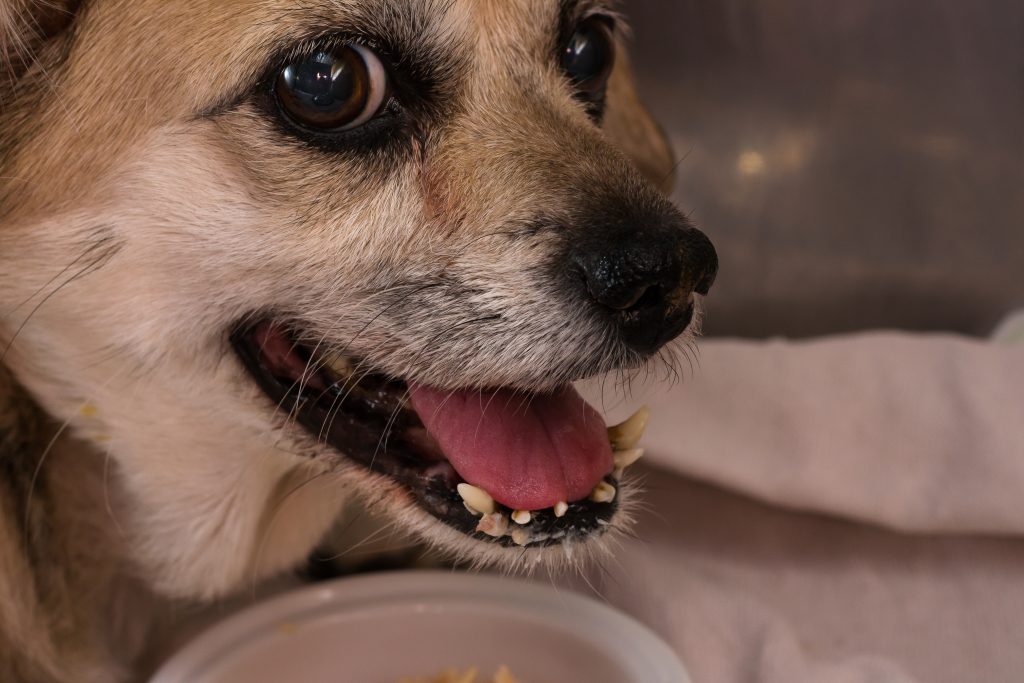Diabetic Ketoacidosis

What is diabetic ketoacidosis in pets?
Diabetic ketoacidosis (DKA) is a serious medical condition that affects pets, particularly cats and dogs. It occurs when the body produces excessive amounts of ketones, which are toxic by-products of fat breakdown. Symptoms of DKA may include increased thirst, frequent urination, vomiting, lethargy, loss or appetite and dehydration. If left untreated, diabetic ketoacidosis can be fatal, so it is important to seek veterinary care immediately if your pet shows any signs of this condition.
What causes DKA?
Diabetic ketoacidosis is most commonly caused by an underlying medical condition such as diabetes or pancreatitis. Other potential causes may include severe infections, steroid use, certain medications and drug overdoses. Additionally, DKA can be triggered by stress and changes in diet or exercise.
If you suspect that your pet is suffering from DKA, consult your veterinarian for a proper diagnosis and treatment plan.
Treatment for DKA
Treatment for DKA in pets typically involves stabilizing the pet’s blood glucose levels and correcting any fluid, electrolyte or acid-base imbalances. This may involve administering intravenous fluids and dextrose, as well as insulin injections. Additional treatments may include antibiotics, antiemetics and antacids depending on the individual pet’s needs. It is important for owners to closely monitor their pet’s recovery and make sure that their vet follows up with regular check-ups to ensure proper treatment.